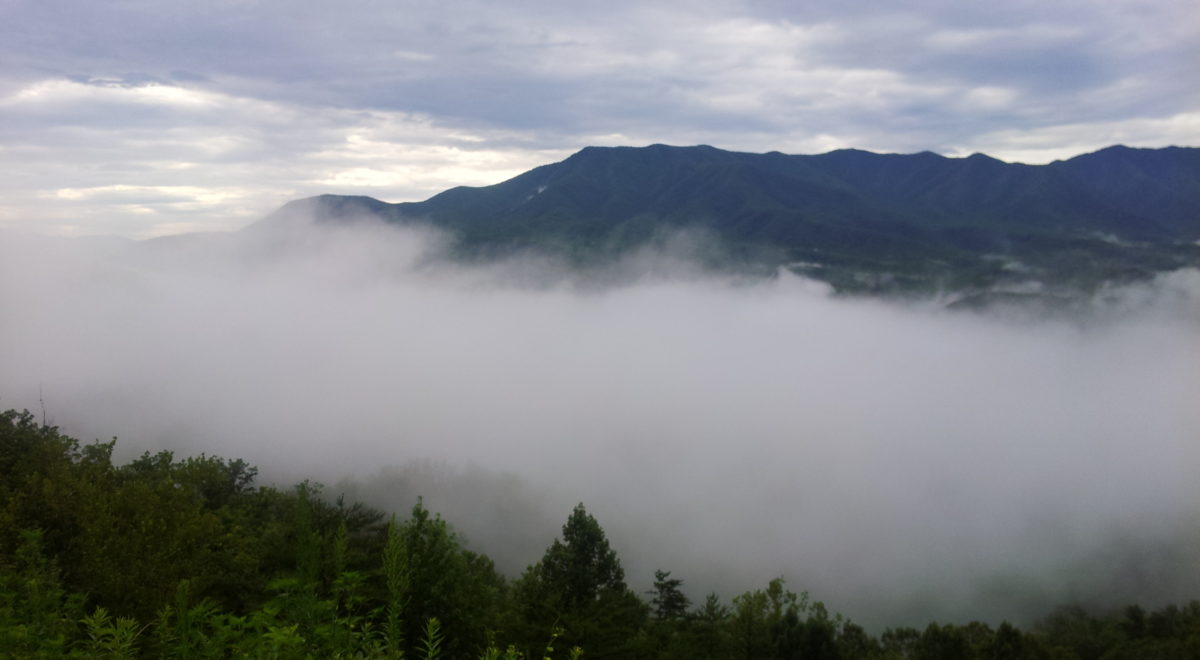
“Unnatural Changes”
I worked for a company back in the 70’s building luxury condominiums in a factory. We would build the floor sections and push them down the track. Then set the prefab walls on them and push them down the track again. Next, we put all of the appliances in and push again, fabricate the roof and so on. When they came out of the building, they were finished. I was in charge of a large number of workers. The assembly line was long and spread out. I had so many people working up and down the line that I couldn’t keep track of them. Well, it was easy to congregate, hide and talk. A lot of the people were young and inexperienced and the job didn’t pay a lot. But, production had to be kept up. I couldn’t see them all and this made it difficult. My brother Charlie was a welder in the jigs and fixture department, so I had him build me an office on a 12 foot tower. Problem solved, I could now see over my whole department. I now had an overview. This didn’t set well with my workers, but it sure kept production up. I knew what natural production should look like, so I always looked for unnatural things that slowed down production. There were always those few people that brought unnatural changes in. My job as an overseer, was to have the know-how to build and keep production up. Unnatural changes can damage a business, a family or a nation. Continue reading ““Unnatural Changes””


